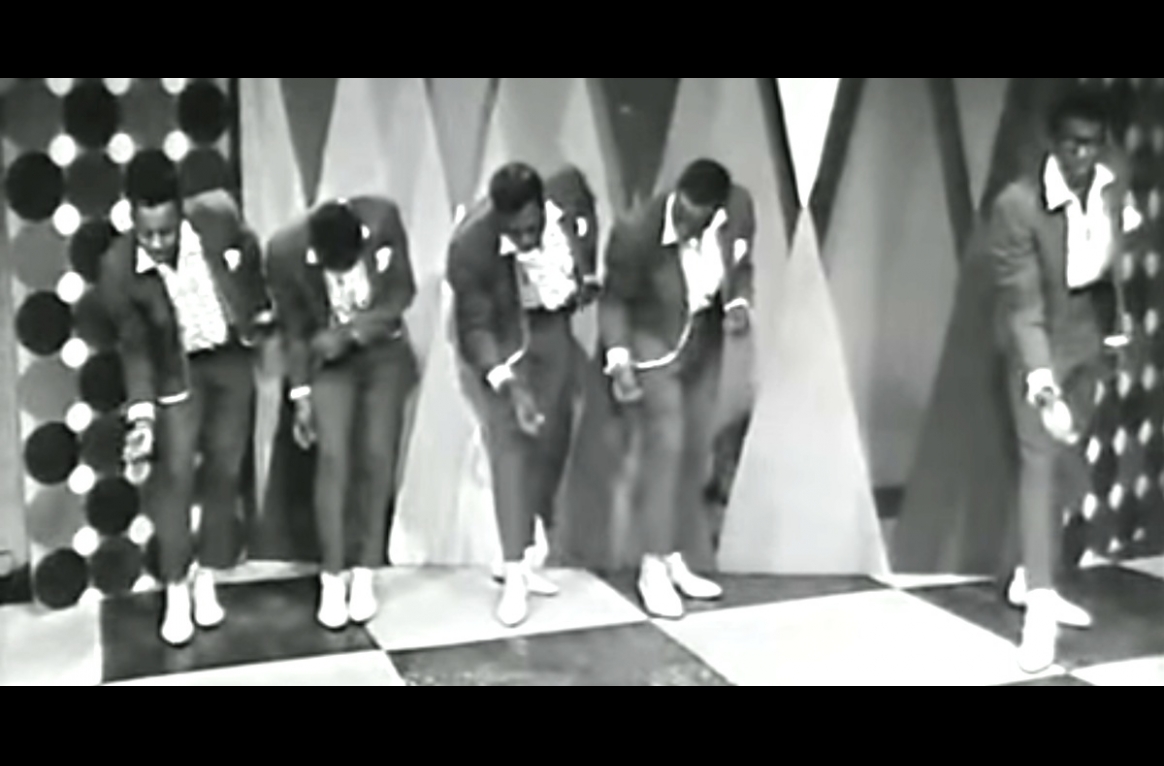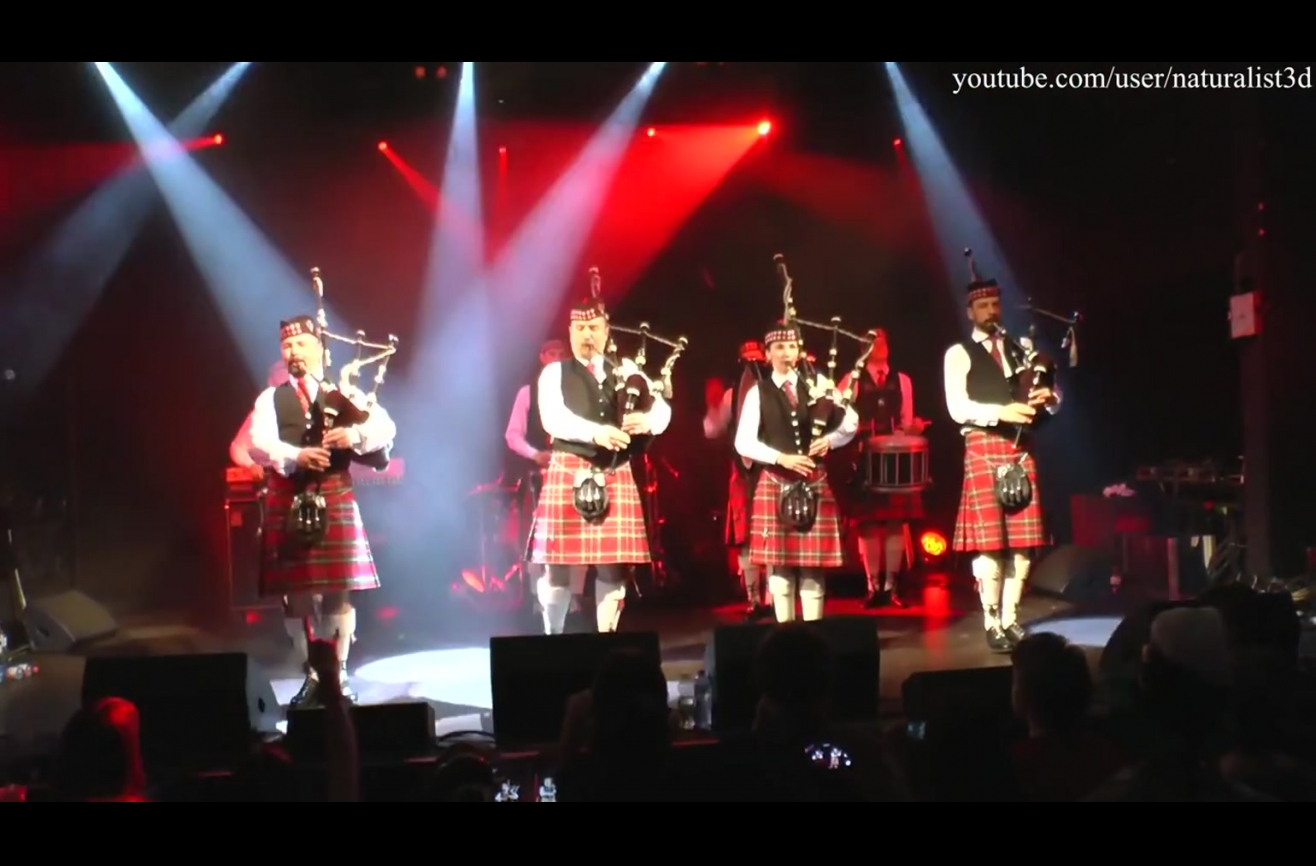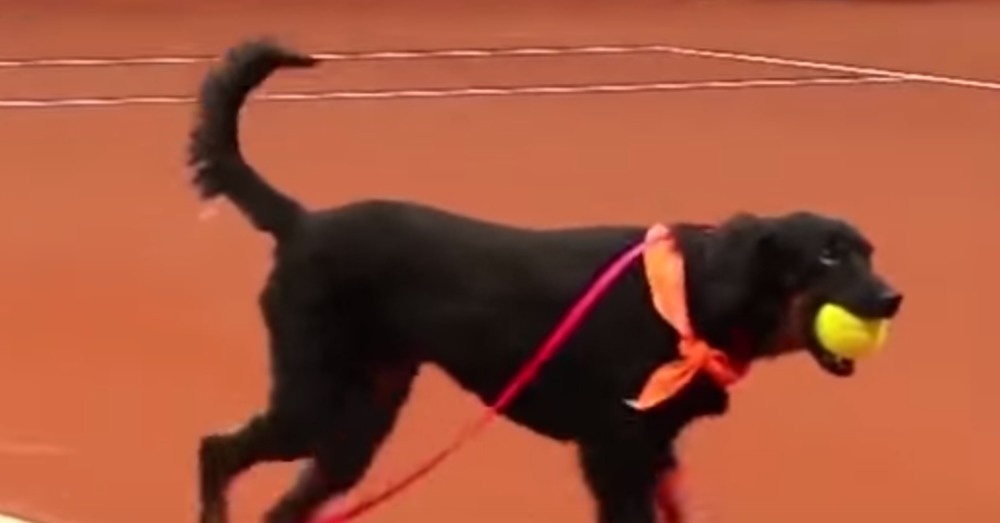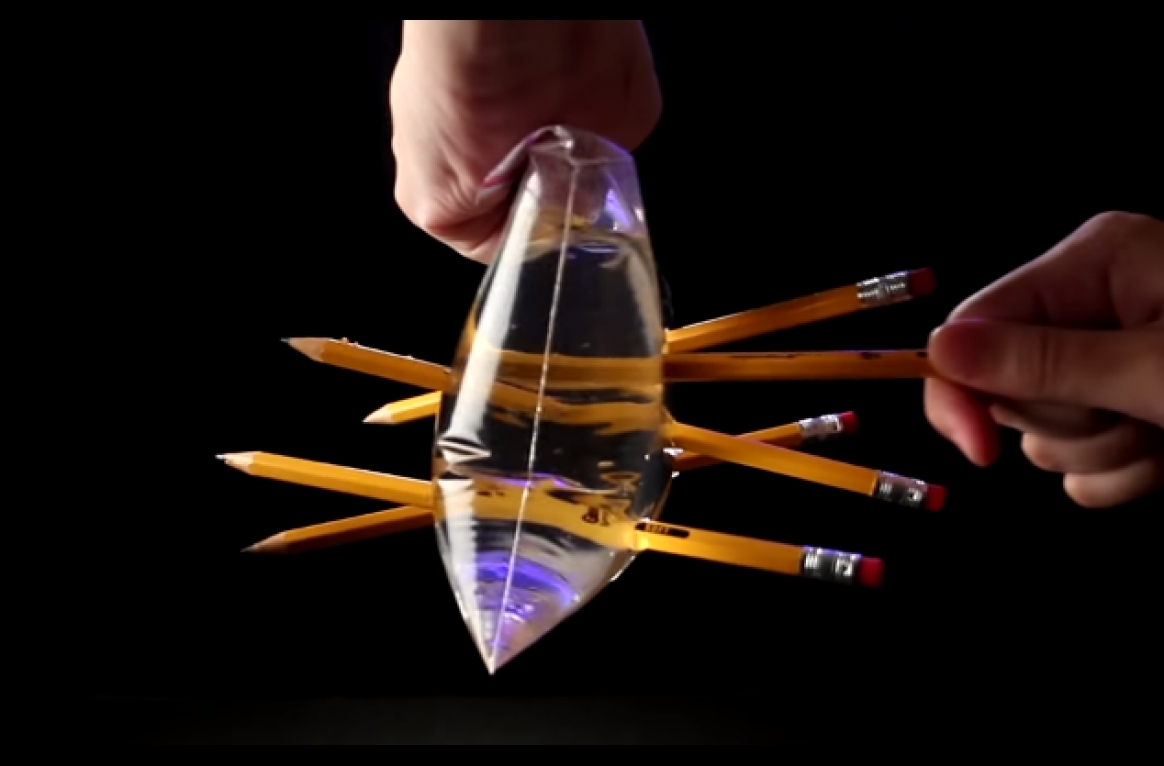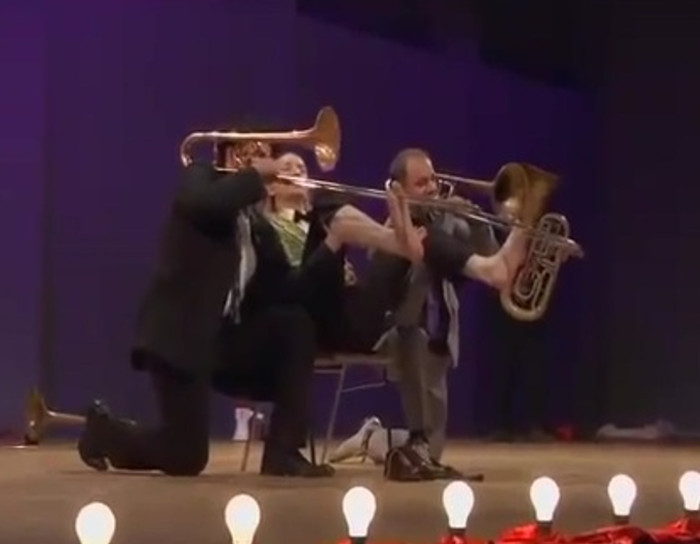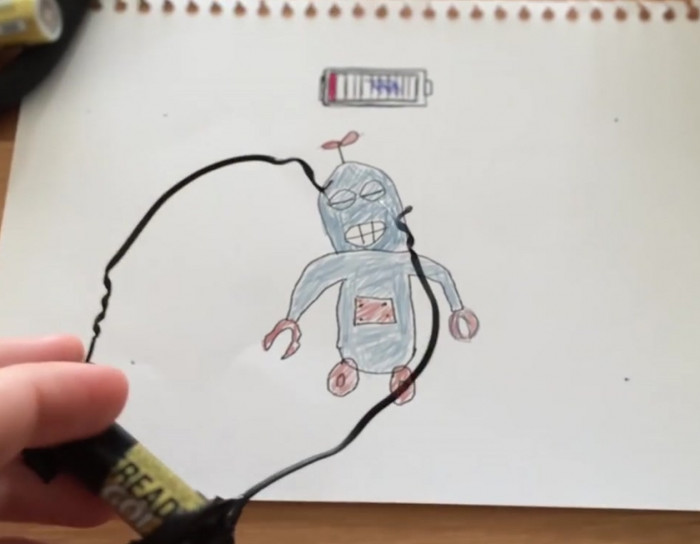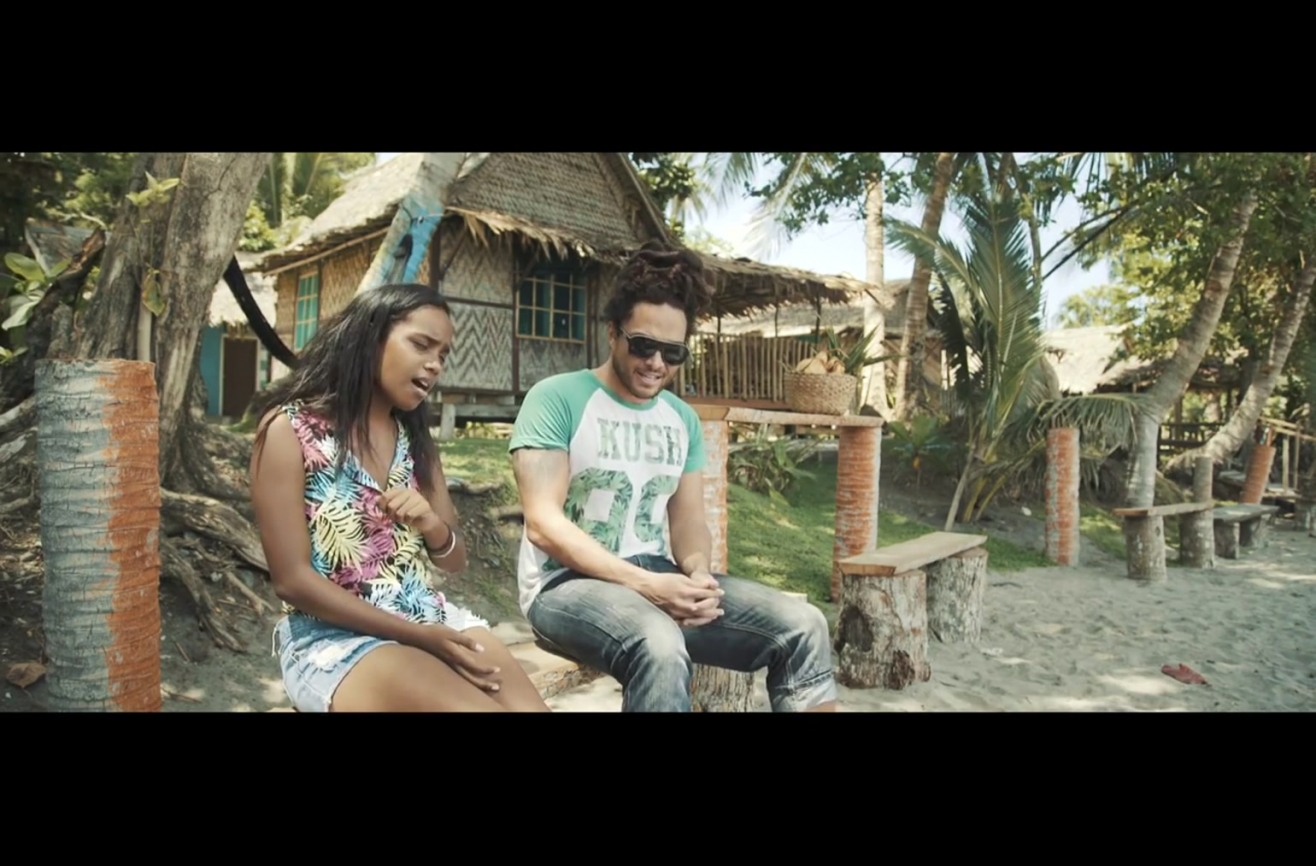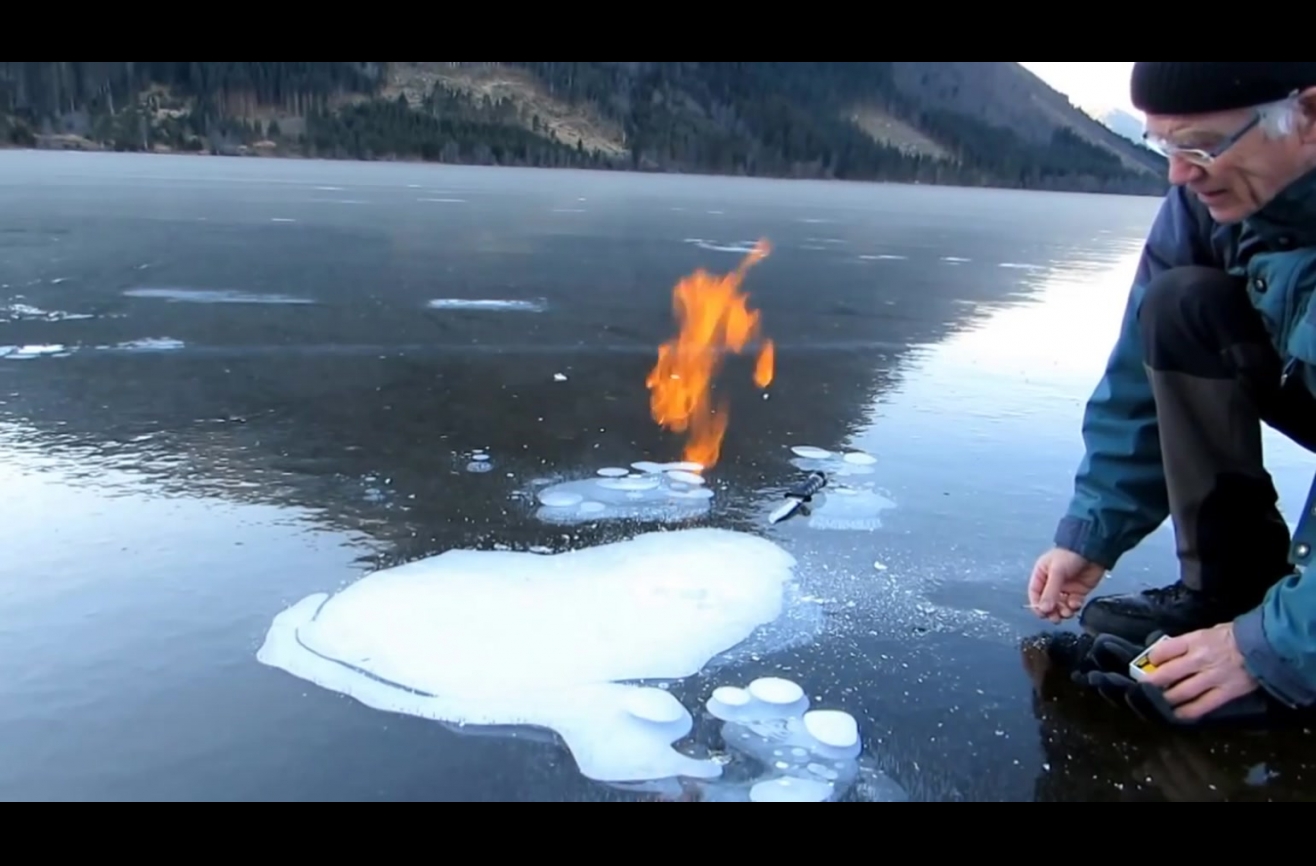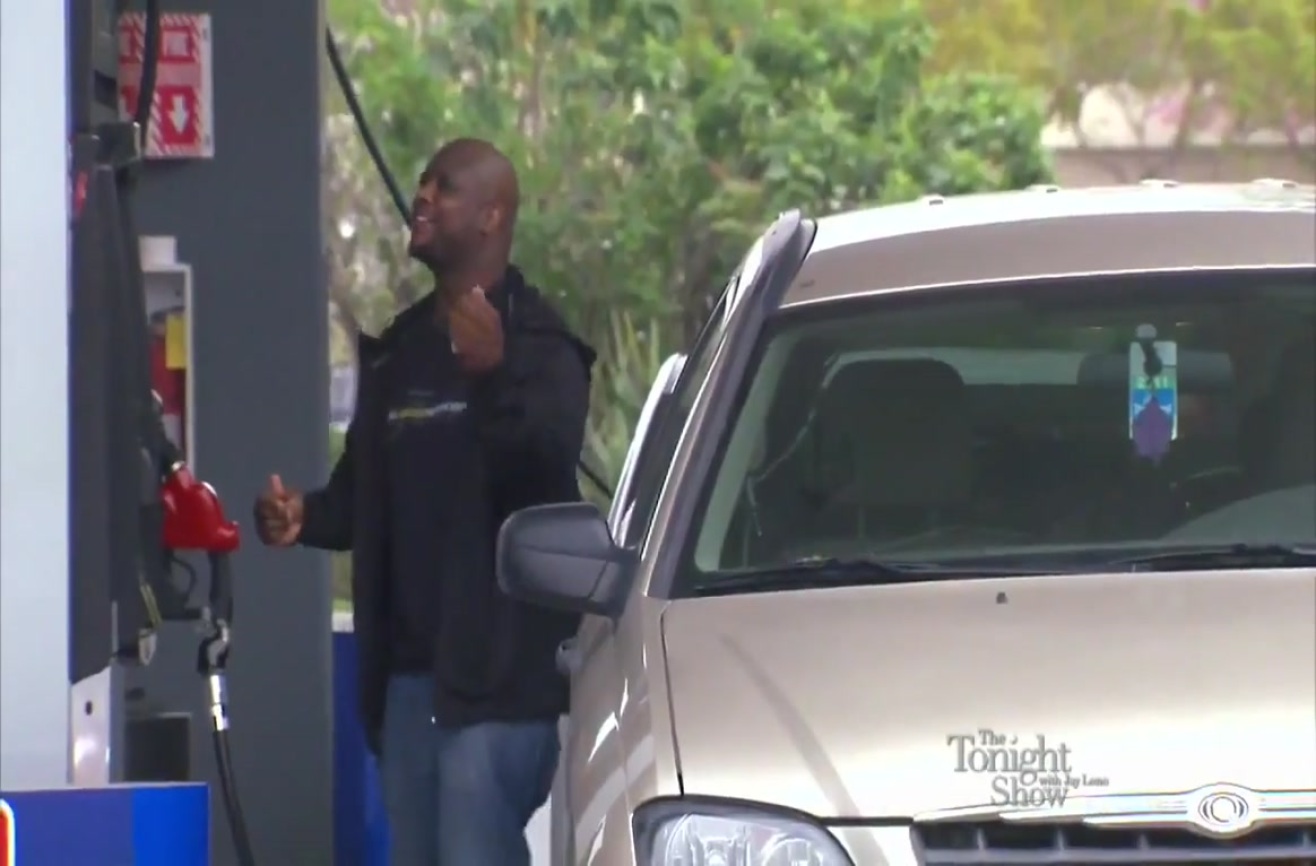For Rastafarians, reggae is not just music – it’s part of their DNA. The genre was born in Trenchtown, a prominent ghetto of Kingstown, Jamaica, where poor blacks would gather in the 1960s to not only to listen the radio, but discuss matters of social activism. As they combined influences of blues and ska with the island way of life, a new kind of music emerged. Thus, reggae was born, and who better to introduce it to the world than Bob Marley. Before Bob Marley, Jamaicans did not have a prominent voice in media. As America fell in love with songs like “No Woman No Cry,” “One Love,” and “People Get Ready” they were simultaneously asked to consider matters of inequality. Just consider his lyrics in the ever-popular “Redemption Song” which say: “Emancipate yourself from mental slavery/ None but ourselves can free our mind/ Have no fear for atomic energy/ ‘Cause none of them can stop the time/ How long shall they kill our prophets/ While we stand aside and look?” For anyone truly listening, it’s impossible to hear Bob Marley’s music without examining social injustices in the world. Like those who came before him, Nicholas Murray, better known as Conkarah, is deeply rooted in reggae and the way of life that comes with it. Born to an English mother and Jamaican father in 1985, he left his home in Kingston as a young adult to study at the University of West Virginia and travel around the U.K. However, it wasn’t long before he had to move home to (in his words) “be close to the heartbeat.” In this video, he and his 14-year-old sister, Rosie Delmah, put a reggae spin on Adele’s “Hello.” If you’d like to hear more about his music and mission to “spread positivity” be sure to check out his Facebook. Read more: http://www.wimp.com/reggae-hello-cover-rodesha-conkarah/
Read More...

